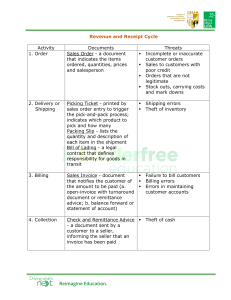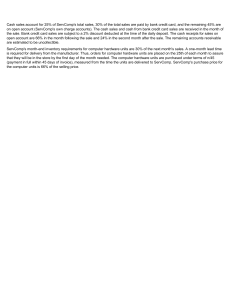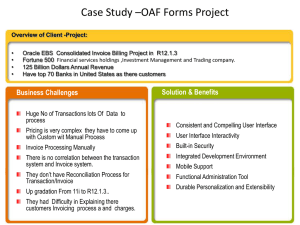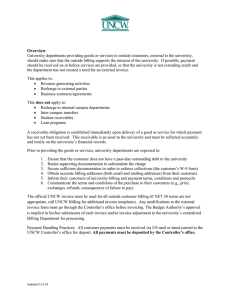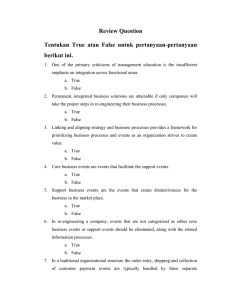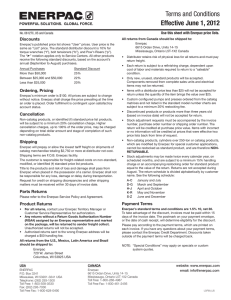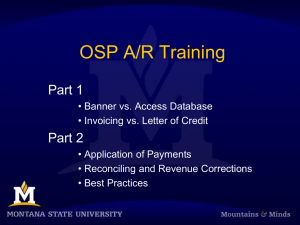Review Question berikut ini.
advertisement
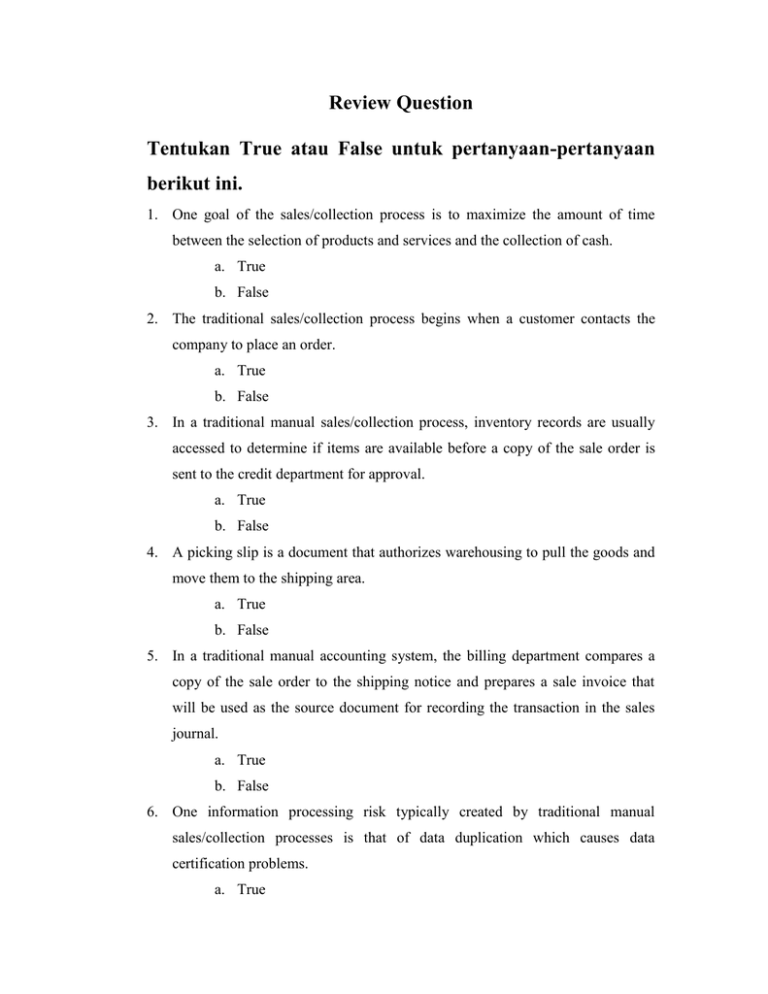
Review Question Tentukan True atau False untuk pertanyaan-pertanyaan berikut ini. 1. One goal of the sales/collection process is to maximize the amount of time between the selection of products and services and the collection of cash. a. True b. False 2. The traditional sales/collection process begins when a customer contacts the company to place an order. a. True b. False 3. In a traditional manual sales/collection process, inventory records are usually accessed to determine if items are available before a copy of the sale order is sent to the credit department for approval. a. True b. False 4. A picking slip is a document that authorizes warehousing to pull the goods and move them to the shipping area. a. True b. False 5. In a traditional manual accounting system, the billing department compares a copy of the sale order to the shipping notice and prepares a sale invoice that will be used as the source document for recording the transaction in the sales journal. a. True b. False 6. One information processing risk typically created by traditional manual sales/collection processes is that of data duplication which causes data certification problems. a. True b. False 7. The main difference between the traditional manual and automated sales/collection process flowcharts is in the logical design. a. True b. False 8. A billing transaction file in a traditional automated sales/collection process is the electronic equivalent of the sale invoice documents generated in a traditional manual sales/collection process. a. True b. False 9. The balances in the accounts receivable master file, the general ledger accounts receivable record and the open sales invoice file should be equal. a. True b. False 10. Many of the risk associated with sales calls relate to the salesperson’s efficiency. a. True b. False ---ooo0ooo---
